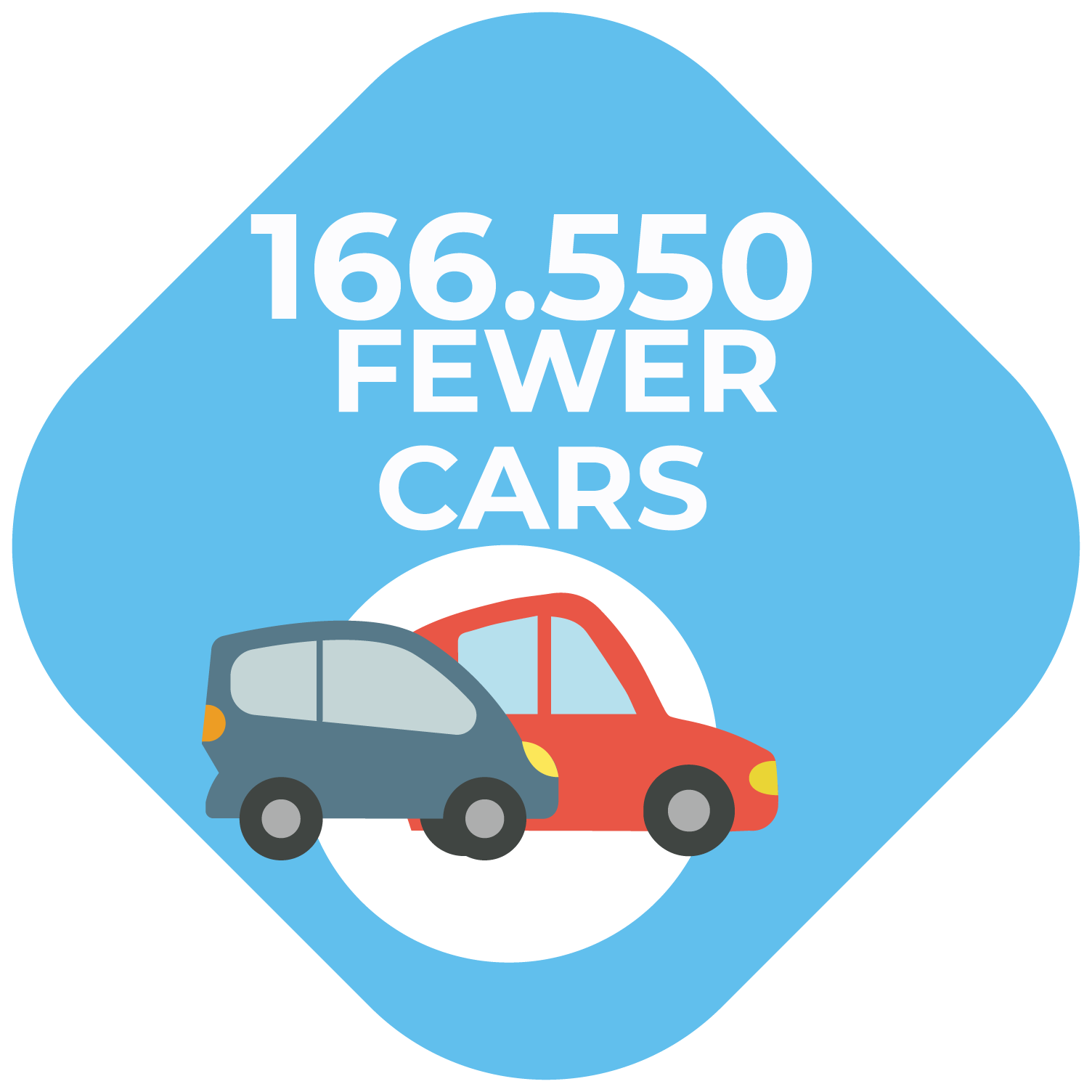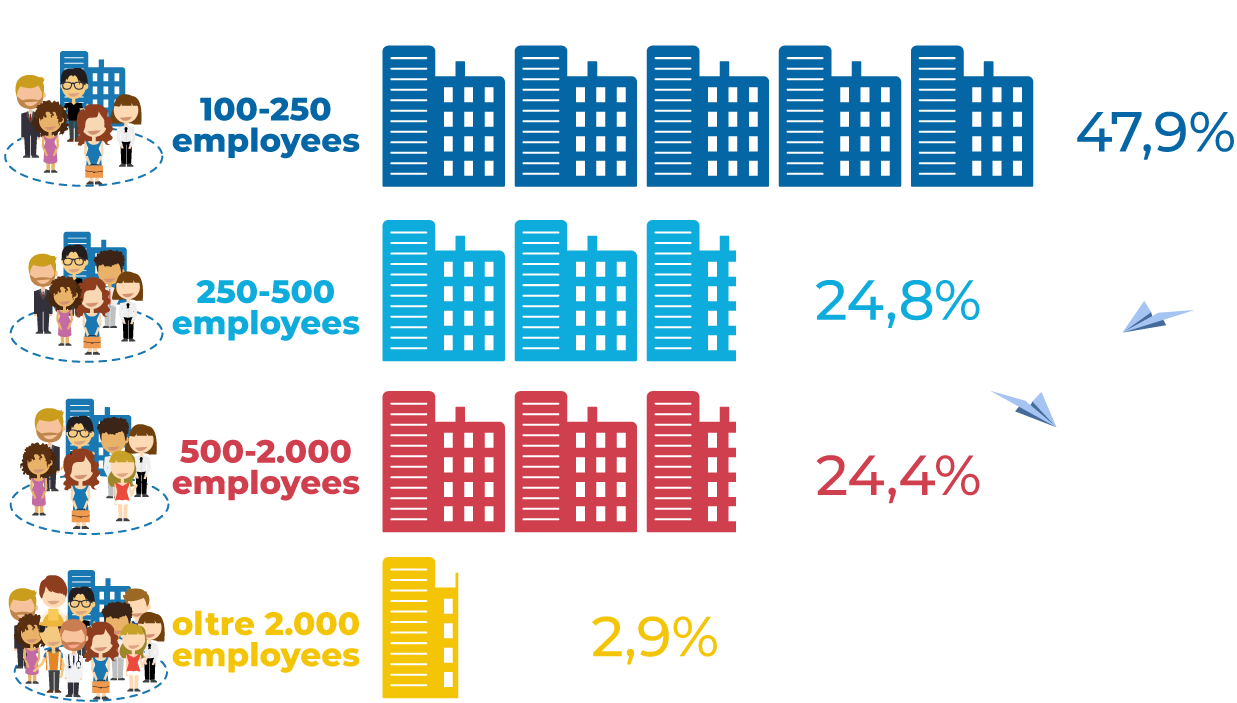Looking at usage data, Jojob’s corporate carpooling service is particularly appreciated by employees in the metalworking sector, who in the first half of 2024 recorded 58,607 shared trips (20.2% of the total), resulting in a total savings of €214,670 and 140,081 kg of CO2 avoided.
Second for shared trips is the logistics sector: 50,834 trips, corresponding to 113,442 kg of CO2 avoided and a total employee savings of €173,521. Companies in the luxury sector, by promoting carpooling with Jojob, enabled employees to share 32,751 trips, saving a total of €73,647 and avoiding 47,988 kg of CO2.
Employees in the chemical and food sectors also showed great enthusiasm, with 23,459 and 18,519 shared trips, respectively. Interestingly, the food sector achieves a higher economic saving (€58,123) thanks to 292,072 km saved due to longer average home-to-work distances, compared to 212,870 km in the chemical sector, resulting in €27,673 retained by employees.
In the second half of the Top 10 of Jojob’s Companies on the Move Observatory appear automotive (17,771 trips), banking (15,354 trips), which benefits from widespread presence due to the distribution of its locations, and utilities (12,876 trips). Closing the Top 10 are companies operating in consumer goods and services (10,516 shared trips) and education (9,839 trips).








